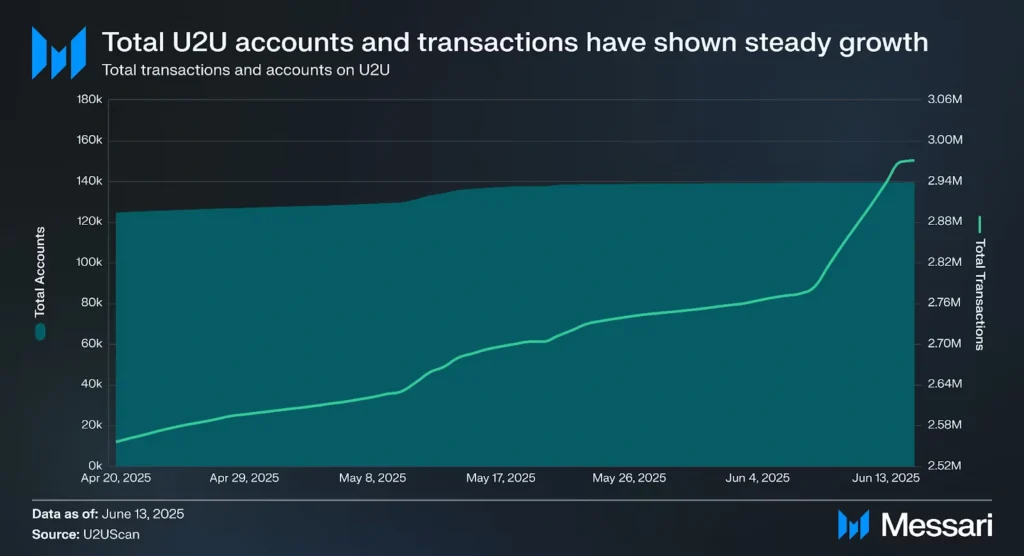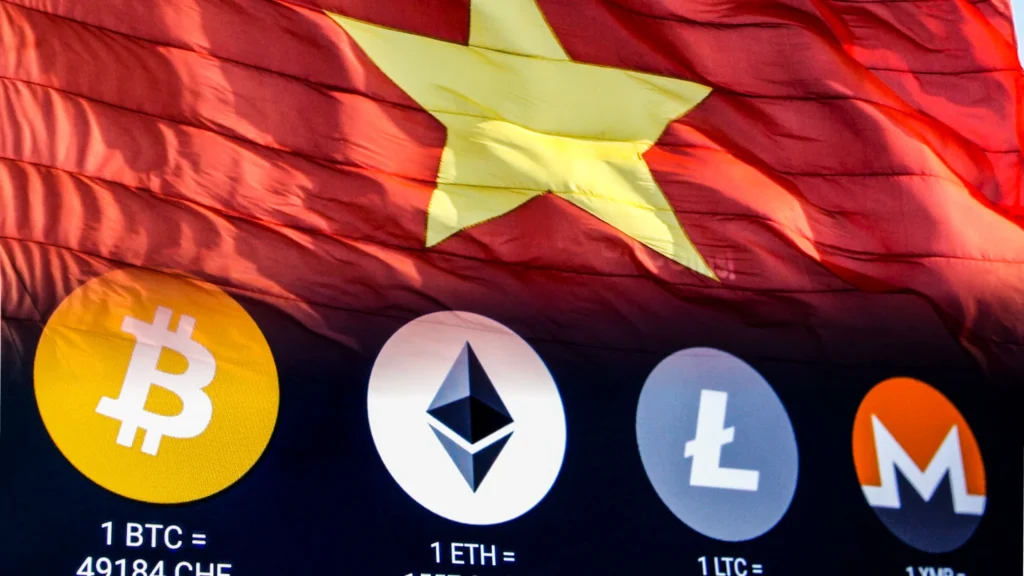ETH vs BTC: A Hands-On Guide for Understanding Ethereum Growth
January 23, 2025

What is ETH vs BTC? When you first enter the crypto space in Vietnam, you’re quickly introduced to the two heavyweights: Ethereum (ETH) and Bitcoin (BTC). It’s tempting to treat it like a rivalry — as if there must be a clear winner. But that kind of black-and-white thinking can get in the way of deeper understanding.
This guide aims to help Vietnamese readers understand the real-world differences between ETH and BTC — not just in price, but in purpose. Along the way, we’ll also explore what ethereum growth means, and why it’s generating more curiosity from developers, creators, and investors across Vietnam.
The First Step: Understanding Bitcoin as Digital Gold
Let’s start with Bitcoin. Think of BTC as digital gold — a scarce, decentralized asset designed to store value. It launched in 2009 to offer a transparent, trustless alternative to traditional money systems. With a fixed supply of 21 million coins, Bitcoin quickly became known as a hedge against inflation and market instability.
But that’s where its functionality stops. Bitcoin isn’t designed for complex applications. You can send it, receive it, and hold it — and that’s more or less the extent of its use.
For Vietnamese investors who want simplicity and long-term store of value, BTC offers stability. However, it’s not something you interact with day-to-day like you would a platform or a service.
Moving On: Ethereum as a Digital Economy
Ethereum changes the game. Launched in 2015, Ethereum introduced smart contracts — self-executing programs that run directly on the blockchain. These aren’t theoretical. Across Vietnam, young developers and artists are using Ethereum to launch decentralized apps (dApps), NFT projects, and DeFi platforms that operate without banks or middlemen.
Where Bitcoin is static, Ethereum is programmable. It’s an infrastructure — a foundation — that allows people to build systems that function on trustless code.
This is what fuels ethereum growth. It’s not just price action. It’s the expansion of use cases, developer interest, and real-world integration — especially in rapidly digitizing economies like Vietnam.
Learning by Observing: Real-Life Ethereum Activity in Vietnam

Credit from Messari
Step into any major tech meetup in Hanoi or Ho Chi Minh City and you’re likely to overhear discussions around Ethereum — not just its price, but its architecture. Young Vietnamese devs are experimenting with DAOs (decentralized autonomous organizations), tokenizing local assets, and even creating blockchain-based voting tools.
This kind of activity reflects something deeper than speculation. It’s utility. And utility is often what drives long-term value.
In fact, for many local crypto traders, Ethereum feels more like a canvas. It’s something you use — not just hold. That experience can change how investors think about long-term potential.
How ETH vs BTC Behaves in a Vietnamese Investor’s Portfolio

Credit from Ken Research
Let’s bring this back to the question of choice. ETH vs BTC: which is better for Vietnamese investors?
There’s no universal answer. But here’s a way to think about it:
- If you’re primarily looking to preserve wealth or shield against fiat currency devaluation, BTC’s simplicity and fixed supply may offer comfort.
- If you’re interested in participating in the growing digital economy — staking, lending, building, minting, or gaming — ETH opens more doors.
Interestingly, more Vietnamese investors are doing both. Some allocate a base in BTC for security, then explore Ethereum’s growing ecosystem for dynamic engagement and growth.
What Ethereum Growth Means for the Future

Credit from Nikkei Asia
When people talk about ethereum growth in Vietnam, they’re talking about layers — not just price charts. It’s about developer onboarding, DeFi integration, NFT adoption, and real-world projects launching on-chain.
One of the key upgrades — Ethereum’s shift from proof-of-work to proof-of-stake — has already made headlines for reducing its energy footprint. But equally important are local projects and Vietnamese Web3 startups that continue to choose Ethereum as their base.
This choice reflects trust in its roadmap, tools, and global community — all signs of maturity and long-term potential.
Final Thoughts: ETH vs BTC Doesn’t Have to Be Either/Or
Crypto in Vietnam is growing, and it’s growing fast. In this environment, both BTC and ETH can play important roles. BTC offers reassurance; ETH offers innovation.
The key takeaway from this tutorial is not to choose sides blindly. Instead, understand the difference in function — and how each can serve your needs as an investor, builder, or user.
As ethereum growth continues in Vietnam, it’s likely we’ll see more creative uses of ETH beyond trading. For many, that’s where the real potential lies — not in speculation, but in building something that lasts.

